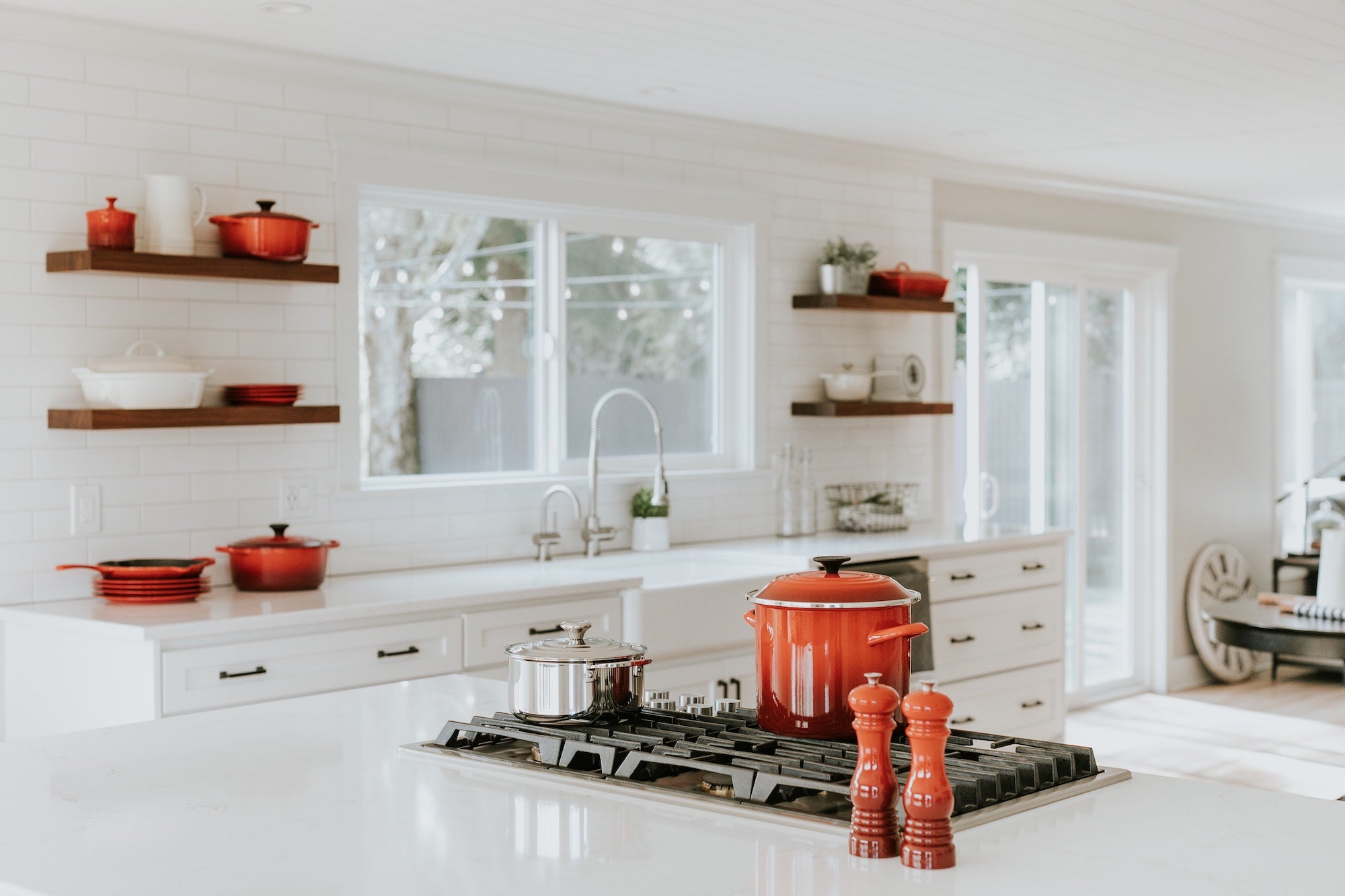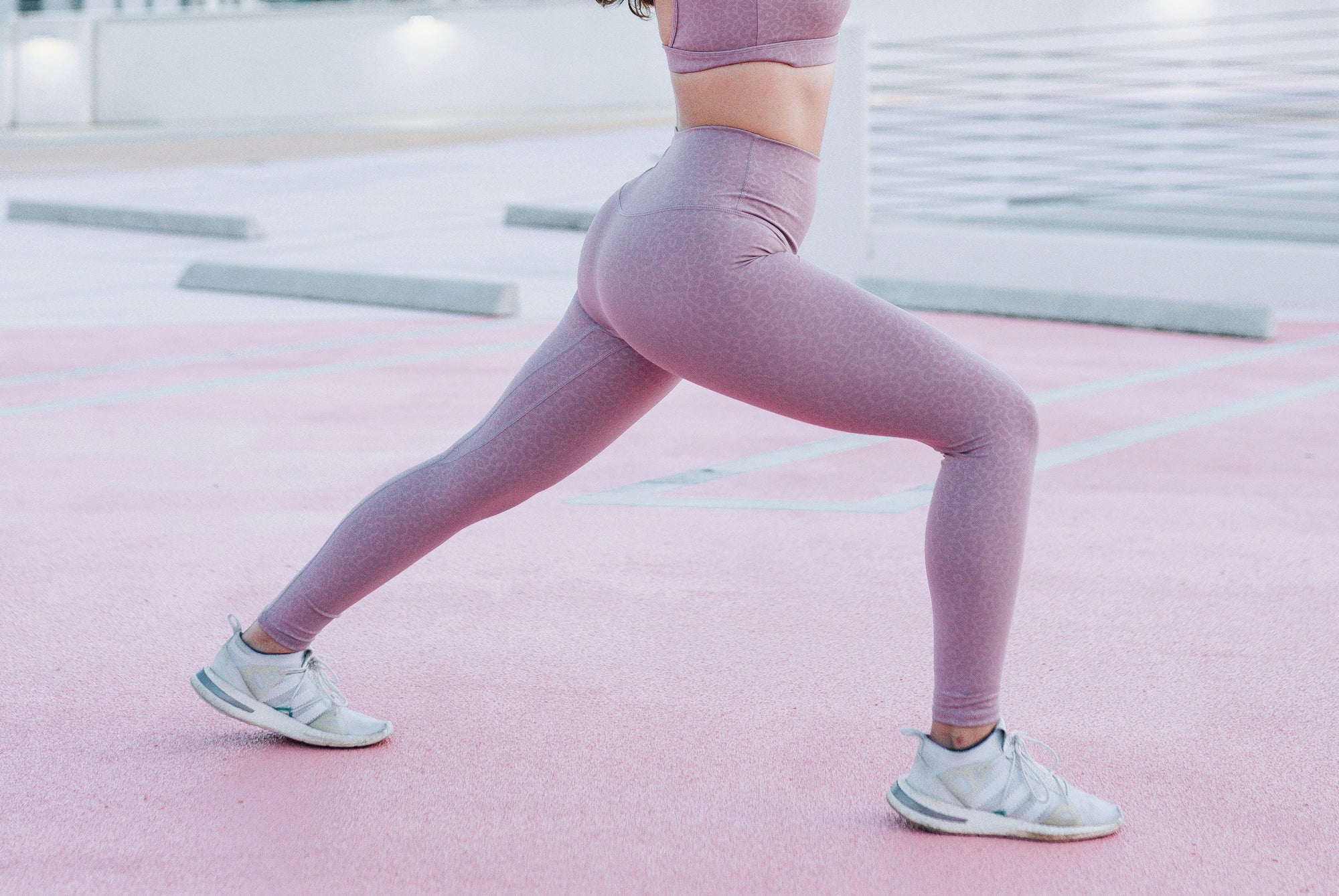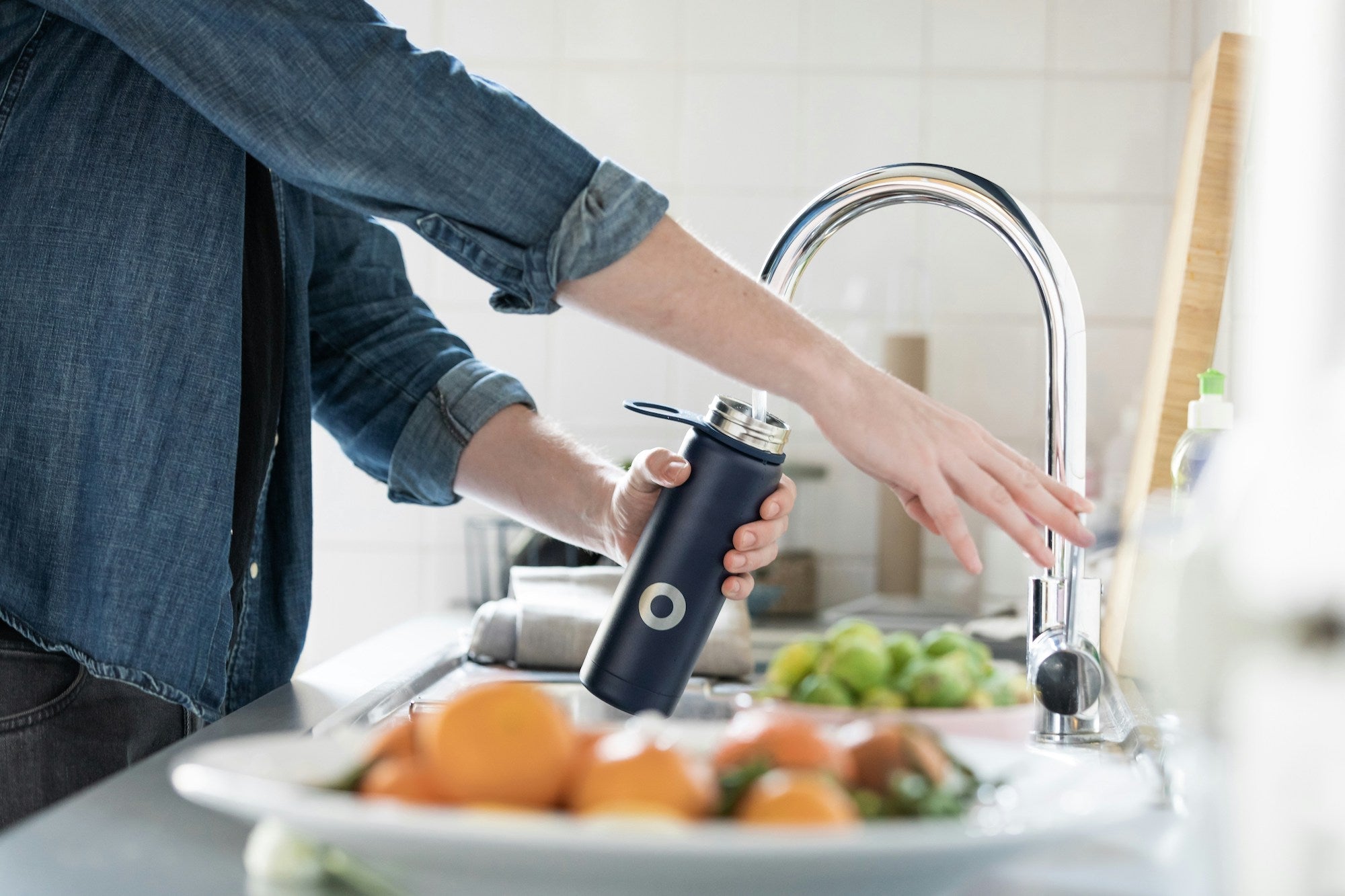Eating healthy is one of our top priorities, as we’re sure yours too, but if we’re prepping food in a kitchen filled with toxic chemicals we’re not much further ahead! Are you aware of the toxins lurking in your kitchen? From plastic containers to non-stick cookware, there are common household items that can release harmful chemicals into your food and ultimately into your body. But don't worry, there are simple steps you can take to remove these toxins and improve your health.
In this blog, we explore a few of the sources of kitchen toxins and provide practical solutions for removing them from your home. With just a few simple swaps, you can create a cleaner and healthier kitchen environment for you and your family.
Store food without plastic

Tupperware, plastic bags, plastic wrap and other kitchen plastics may contain bisphenol A, which disrupts our endocrine system (not to mention the huge drain plastics have on the environment).
Skip the plastics and opt for re-usable glass containers, stainless steel containers, silicon bags or silicon lids (take a look at the links for these options on our accessories store). These alternatives are easy to use, clean and store!
Use the oven exhaust hood

Cooking with a gas flame? Keep in mind that this generates significant amounts of nitrogen dioxide and other tiny particulates, which can irritate your nose, cause respiratory issues, give you a headache or fatigue. An exhaust hood vented to the outside removes particles and gases from your home, so make sure this is always on whilst the gas cooker is on. If you don’t have a hood, start saving for one, make sure you open your windows and/or doors while cooking to bring in fresh outdoor air.
Get a water filter
Installing a water filter under the sink can be a more cost-effective and environmentally friendly option than buying bottled water or a water tank. A water filter will purify the tap water, making it safe to drink, and it will also remove any unwanted tastes or odors. You will not have to purchase and dispose of multiple single-use plastic bottles, which will help to reduce waste and pollution in the environment.
An additional point to consider is that plastic bottled water can contain microplastics, which are tiny particles of plastic that can be harmful to human health. Microplastics are known to be present in many types of bottled water and have been found to be present in tap water as well. By using a water filter under the sink, you can help to remove microplastics from your water supply, which can provide an added level of protection for your health. We use the Liquid of Life under-the-sink filters.
Non-toxic cookware

Non-stick teflon cooking pans emit potentially toxic fumes when heated, which can damage our health. The reason for this is Polytetrafluoroethylene (PFTE) and perfluorooctanoic acid (PFOA), the chemicals found in Teflon cookware that give them their non-stick properties.
The problem with this is when teflon coated pans get overheated the coatings on the non-stick cookware start to break down, releasing toxic chemicals into the air and into our food.
Try using cast iron, ceramic, glass or stainless steel cookware instead. Some of these options can be more expensive, but they last a long time!
If you can’t swap pans yet, keep the heat exposure below 200ºC and open windows while cooking. But do stop using the pan if the non-stick coating chips or gets scratched.
Swap out vegetable oils
Vegetable oils, such as soybean, corn, and sunflower oil, are highly processed and refined which can strip them of beneficial nutrients and can also create harmful compounds during processing. Additionally, these oils are high in omega-6 fatty acids and while some are essential for our health, consuming too much of them can lead to inflammation in the body.
Some healthier alternatives to vegetable cooking oils include:
- Extra-virgin olive oil: high in monounsaturated fats and antioxidants. For cooking, the key words are 'extra virgin'
- Avocado oil: high in monounsaturated fats and has a high smoke point, making it suitable for high-heat cooking
- Coconut oil: high saturated fats but beneficial in moderation, plus it has a high smoke point means it is suitable for cooking
- Ghee: made from butter and has a high smoke point, making it suitable for high-heat cooking
- Nut oils such as almond and walnut oil: have a lower smoke point and best used for dressings or low-heat cooking
Non-toxic cleaning products

Being a place where food is prepared, naturally it is important to ensure that it is clean and safe to use. Using natural cleaning products in the kitchen can help to ensure that the food you prepare is free from chemical residues that can be harmful to your health. These chemicals can get into your food in various ways, such as through contact with countertops or utensils that have been cleaned with chemical cleaning products. The kitchen is also a place where food is stored, and natural cleaning products can help to keep it free from the volatile organic compounds that can be released by some of the toxic chemicals in conventional cleaners.







